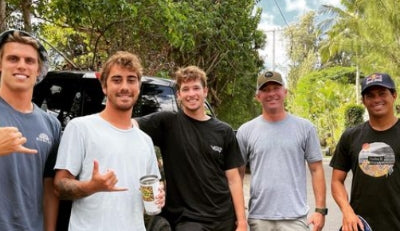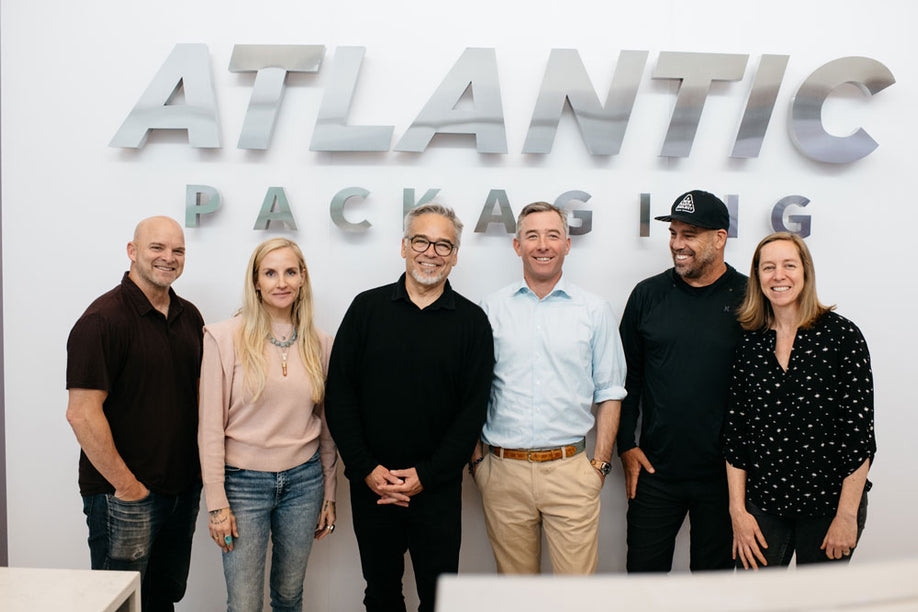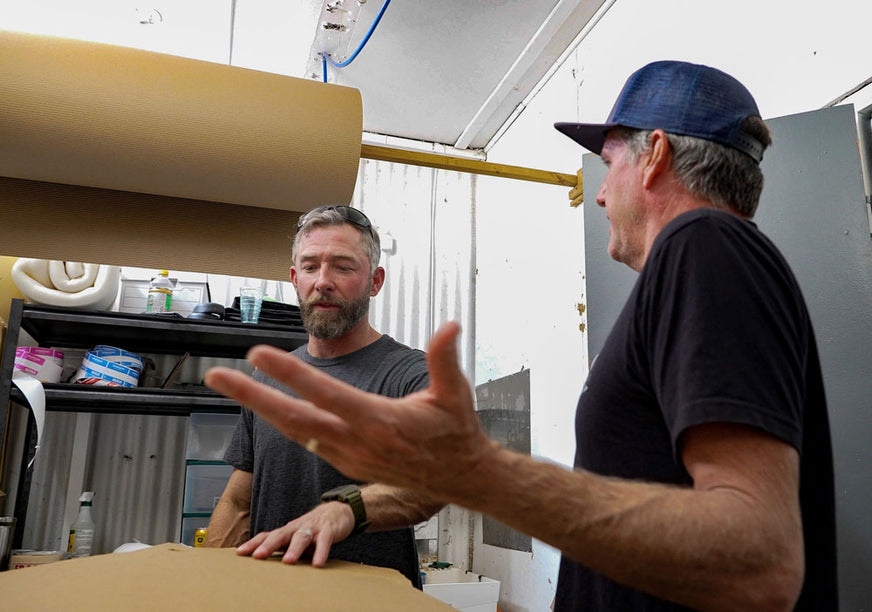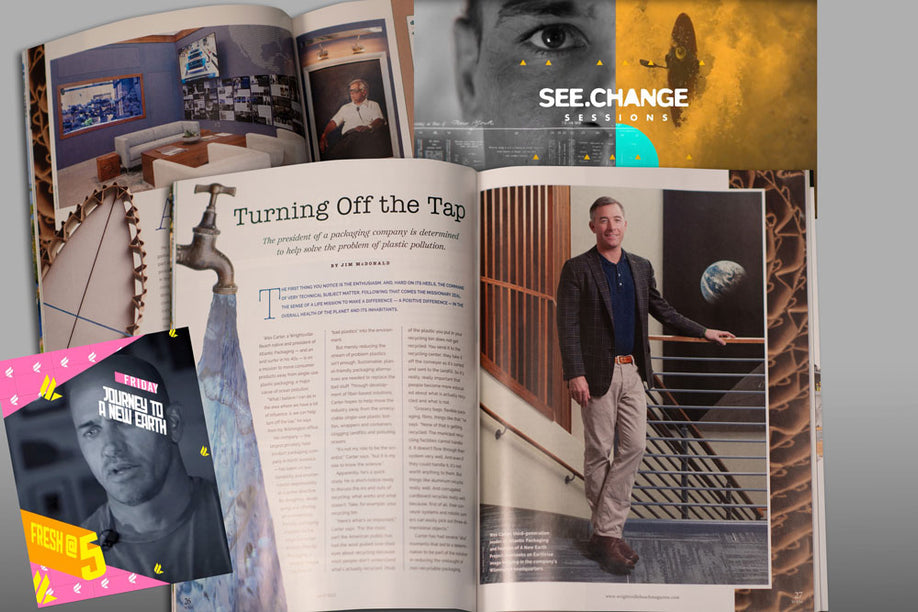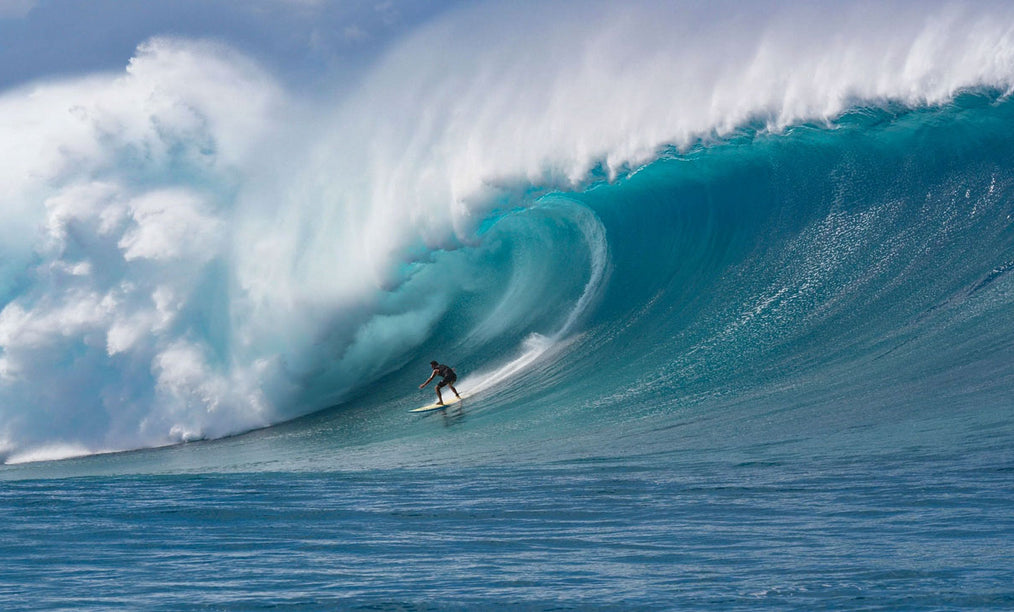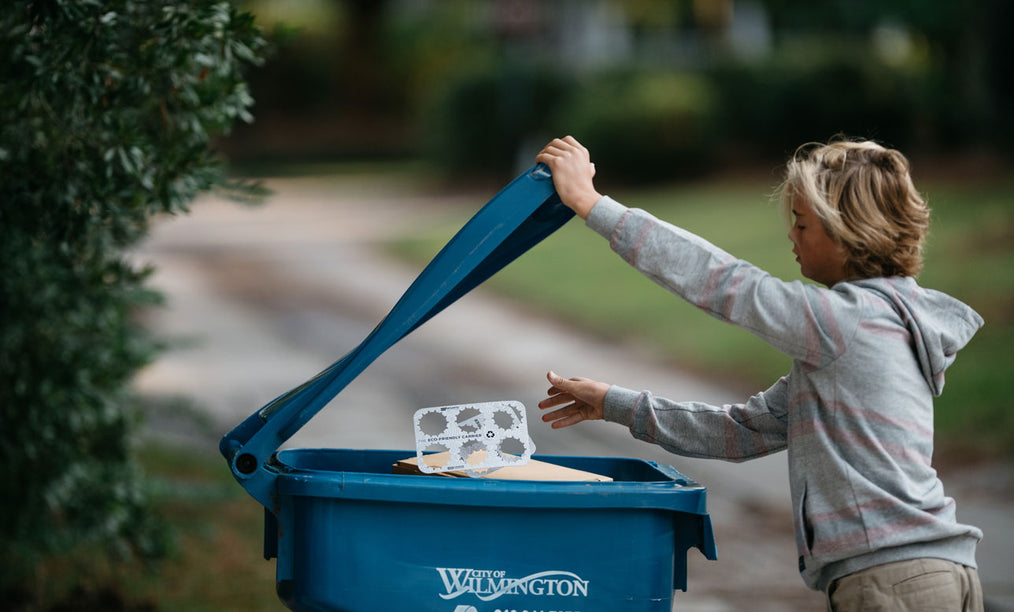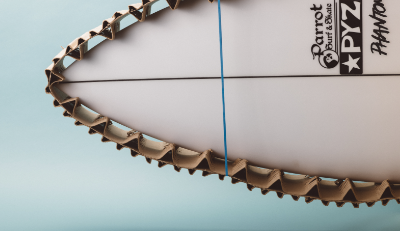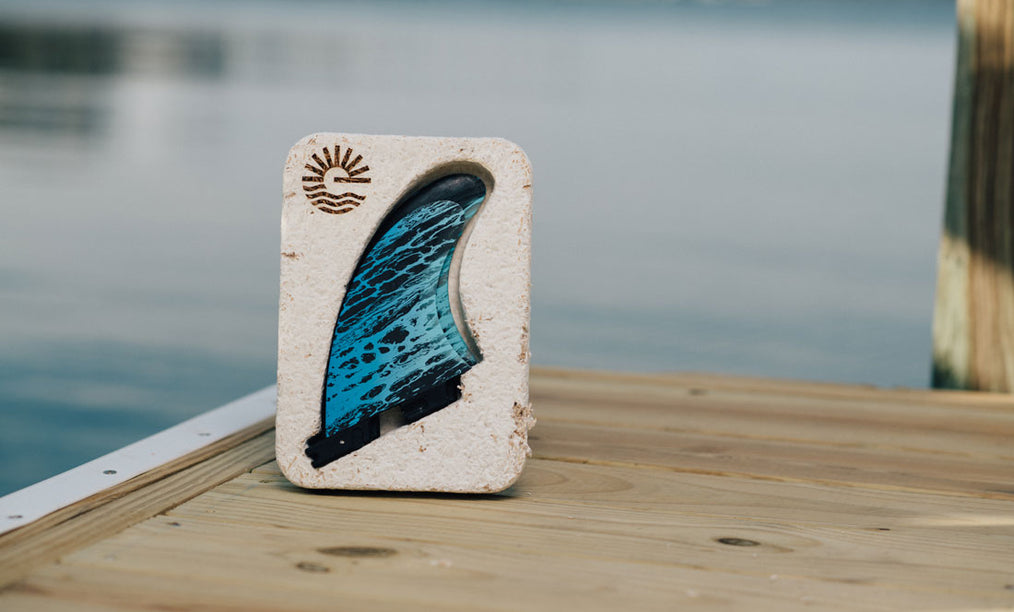Environmental advocates in Hawaii are making an ambitious push to make reuse the primary waste reduction movement of the future.
Their mantra: "1-4-5-8 make Hawaii the reuse state!"
Continue reading below or listen to this story here

Senate Bill 1458 in Hawaii was introduced late last year by Senator Mike Gabbard. According to Kristine Kebab, the Executive Director of Recycle Hawaii, the goal this year is to raise awareness and support around the bill so it get find its way to the governor's desk by the end of 2023.
"People have been resourceful in Hawaii far longer than they've been wasteful," says Kebab, referring to Hawaii's rich history of ecological harmony. "We're going to get back to our roots."
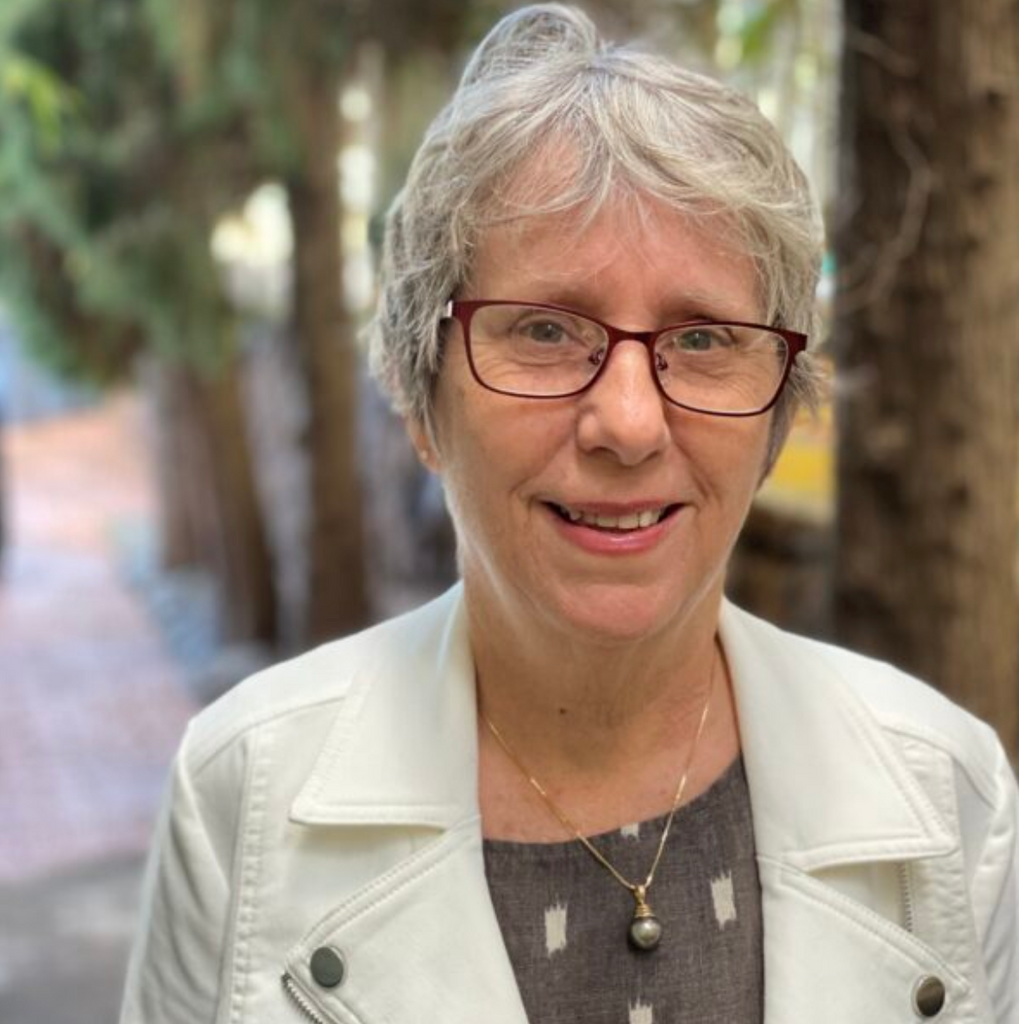
For anyone over 50 years of age, the reuse idea is nothing new. Most middle aged Americans can recall the days when the milkman picked up bottles, and we returned glass soda bottles to the store.
Unfortunately, the onslaught of single-use plastic production has made that a distant memory. And today, the oceans that surround Hawaii are paying the price, as are our beaches, lakes, and rivers.
The primary goal of Bill 1458 would be to turn Hawaii into a reuse innovation center by funding reuse pilot programs.
Indeed, reuse efforts are already gaining steam. For example, single-use toiletry products in hotels are already being replaced in Hawaii by larger, reusable bottles.
While the Hawaiian legislature floated an all-out ban of those small toiletry products last year, over in California, AB 1162, which did the same, already went into effect this year. Because California is now the fourth largest economy in the world it's already made a huge impact on Hawaiian hotels, not to mention those in other states.
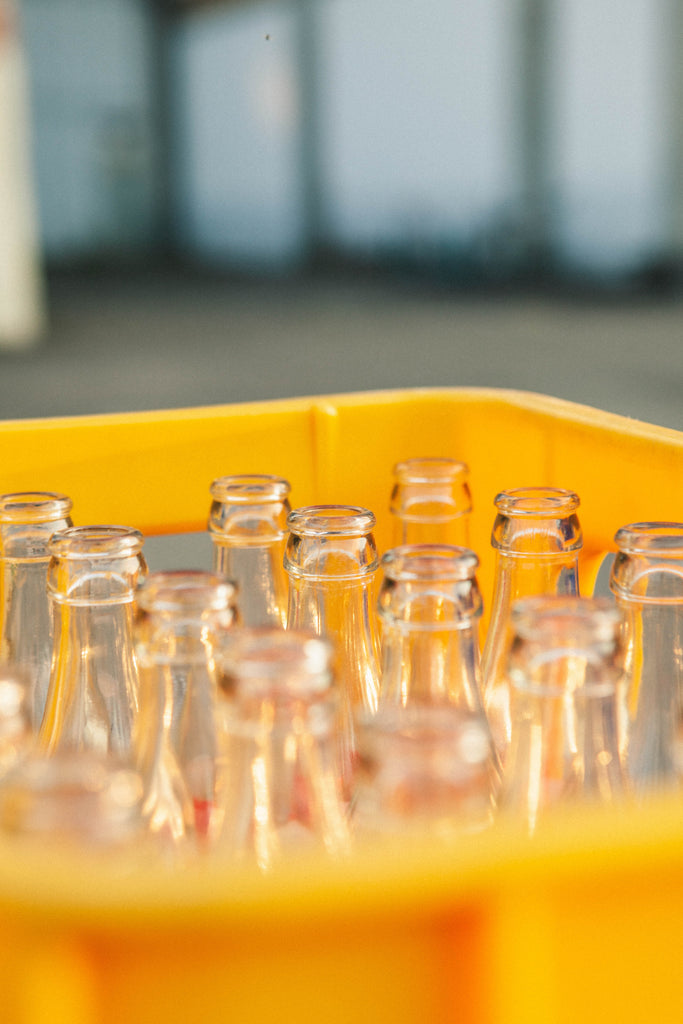
But Kristine and her allies believe toiletries are just scratching the surface, and a lot more that can be done. If bill 1458 can pass, Hawaii will become the incubation hub of reuse practices. And given Hawaii is a remote island chain with limited waste management options, a significant ramp of of reuse is essential.
In a perfect world future tourists to Hawaii would return home as virus spreaders of new reuse ideas they experienced. "The goal would be to make reuse part of their Aloha experience," says Kebab.
The following are the key features of Bill 1458.
- Only companies that do more than $500 million worth of fast-moving consumer goods globally and/or generate 10,000 metric tons of packaging would be subject to the funding provisions. That would leave all Hawaiian based companies out of the mix.
- Hawaii's Department of Health would get the funding, and oversee the application and allocation of funds for pilot programs. But the bill would allow the Department of Health to outsource that role to a non-profit like the Hawaii Community Foundation of the Kokua Foundation.
- Anyone from producers to waste groups could apply for pilot program grants. The objective is to get both sides working together to keep the process collaborative.
From where Kebab and her allies are sitting, there's plenty of room for innovation. "Not everything will work, but we'll learn from our mistakes and move on quickly. The spirit of the bill is to innovate and test."
In short, to make Hawaii will the leading reuse laboratory.
"The whole beverage aisle of the supermarket is low hanging fruit," she says. "Then we should start moving to other aisles."
In Hawaii, the plastic pollution problem is all too real. Beaches, are being swamped by micro-plastics, especially on the windward side of all the islands. That's why many surfers and small business owners, like Koa Smith, are looking for solutions.

Smith and his brothers run the Sunrise Shack, a small chain of coffee and breakfast trucks. While they've made every effort to get as sustainable as they can, significant hurdles remain when it comes to food packaging.
